The 16th Arab Steel Summit attendees discussed several key objectves, includng the steel industry in the Arab regions displays diverse trends:
Gulf Area: A slowdown in growth from 7.1% to 3.4% in 2023 is observed. Saudi Arabia's economy, a major driver, saw a 4.8% decline in steel consumption due to project delays and increased interest rates. Other Gulf nations maintained their consumption rates. Anticipated growth in 2024 is linked to economic diversification, real estate recovery, and strategic projects.
North Africa: Stability with a 4% growth rate, but a 20% decline in steel consumption in 2023, driven by completed projects, postponed initiatives, and financial strategies for foreign currency. Improvement is expected in 2024 with the resumption of suspended projects.
Eastern Mediterranean: Economic complexity with a fluctuating growth rate (3.0%, 4.6%, 3.0%). Steel consumption increased by 13% between 2021/2022 but stabilized in 2022/2023. Iraq dominates the industry. Stability in Syria is seen as an incentive for investments. A large production-consumption gap presents investment opportunities.
Steel Exports and Imports: Anticipated increases in steel exports by 40%, particularly from North Africa (60%) and the Gulf countries (22%). Import volumes decreased by 7% in 2023, led by the UAE, Iraq, and Syria. The Eastern Mediterranean is the largest importer (45%), while North Africa imports the least (15%).
Per Capita Production and Consumption:
Arab countries have an advantageous position, with potential for expansion. Challenges include a decline in the economic growth rate, a 2.5%-7.5% decrease in steel production and consumption, and the influence of oil prices and energy prices.
Outlook for 2024: Positive expectations for improved steel production and consumption in 2024, driven by increased oil exports (OPEC+) and efforts to control inflation. Some Arab companies have made progress in reducing carbon dioxide emissions, emphasizing the industry's commitment to sustainability. The Eastern Mediterranean is identified as a promising region for future investments.
The Secretary General of the Arab Iron and Steel Unon, Dr. Kamel Djoud, a representatve of the Arab Steel Summit, underscored the urgency of the situation, stating, "The steel industry is undergoing a transformative period, where environmental consideratons are at the forefront of global policies. To remain competitive and sustainable, it's crucial for the Arab steel sector to adapt proactively. We are committed to working together to deal with these challenges and turn them into opportunities for development and integraton between us in order to achieve our ability to create an alternative Arab regional market that meets the ambitions of all Arab steel companies in light of the global regional blocs we are witnessing."


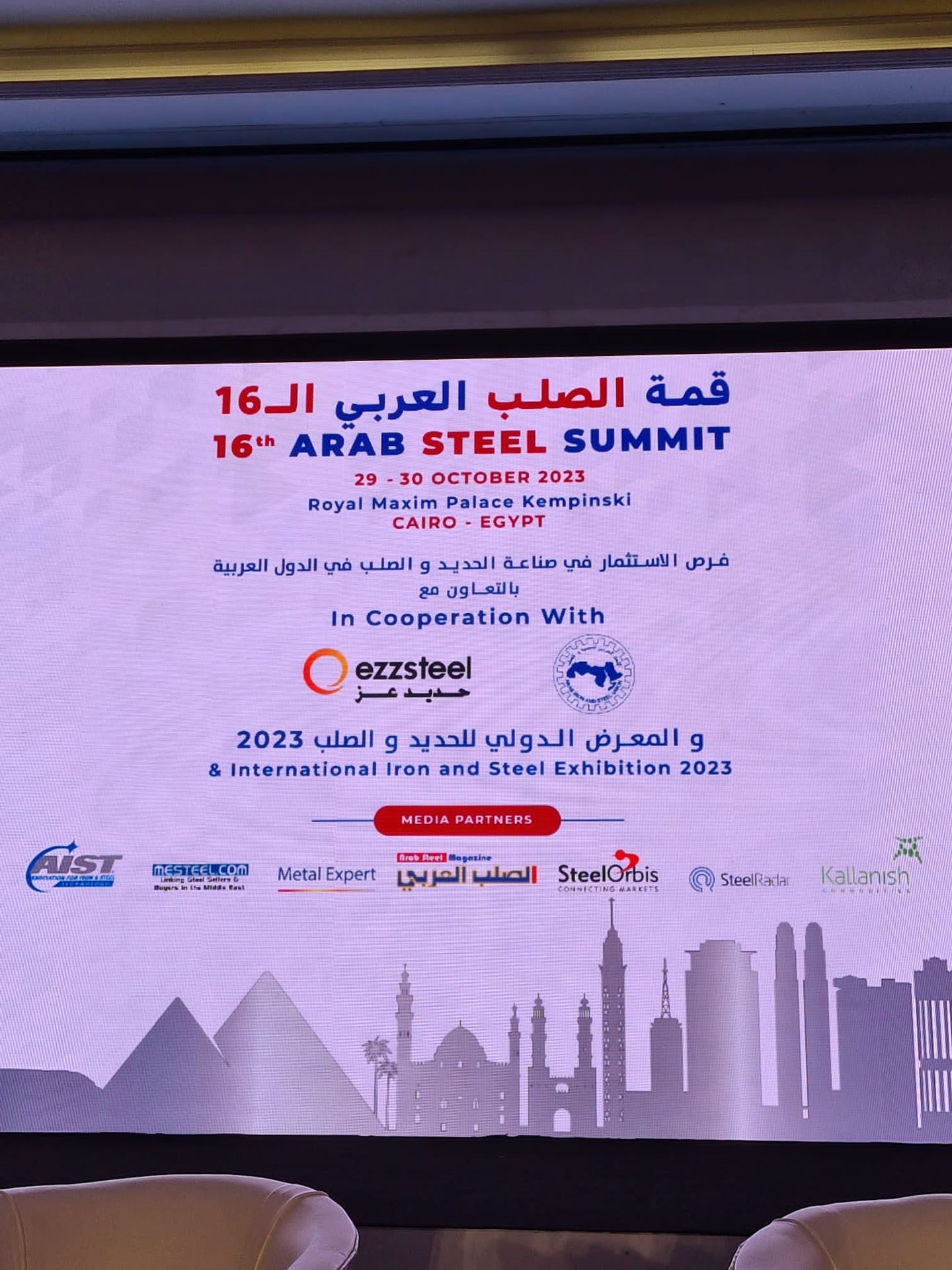

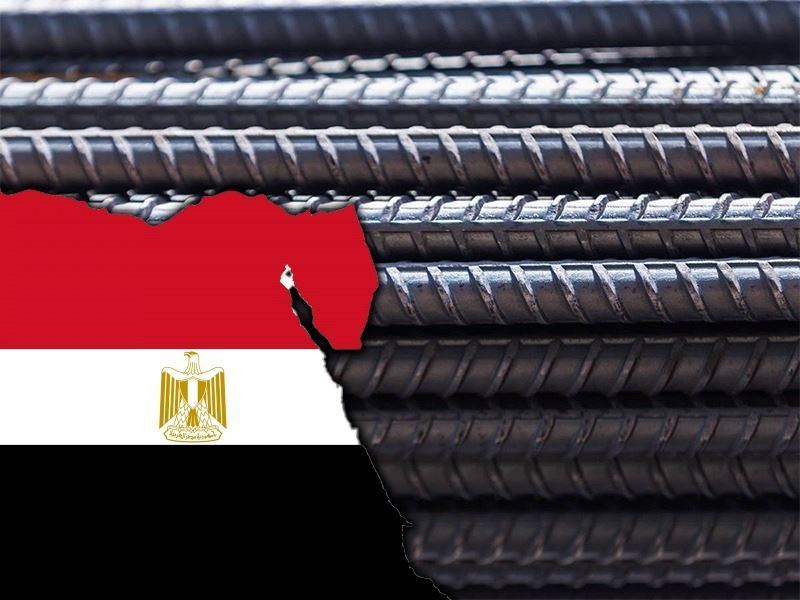
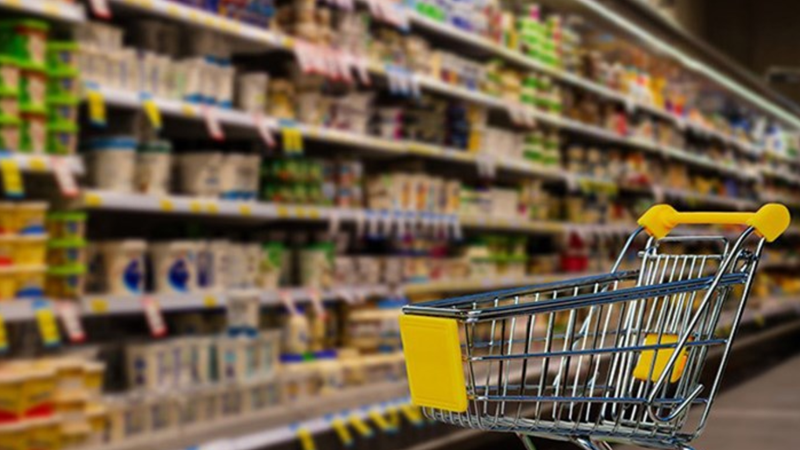
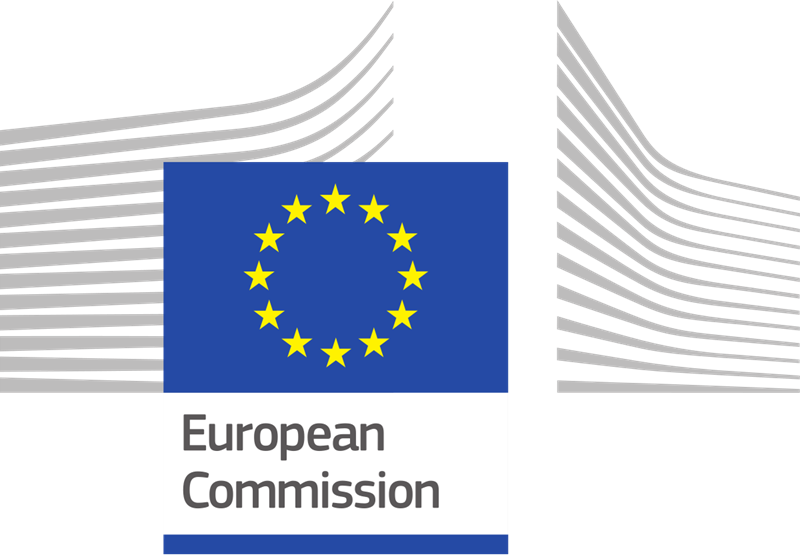
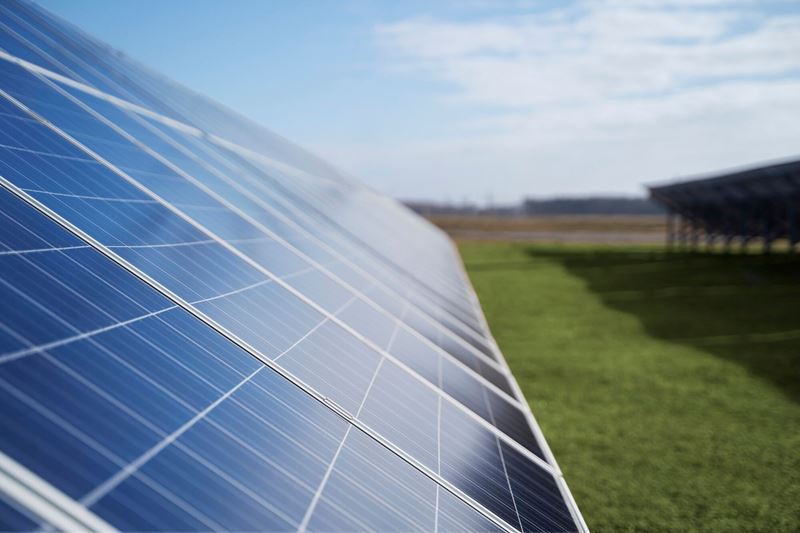
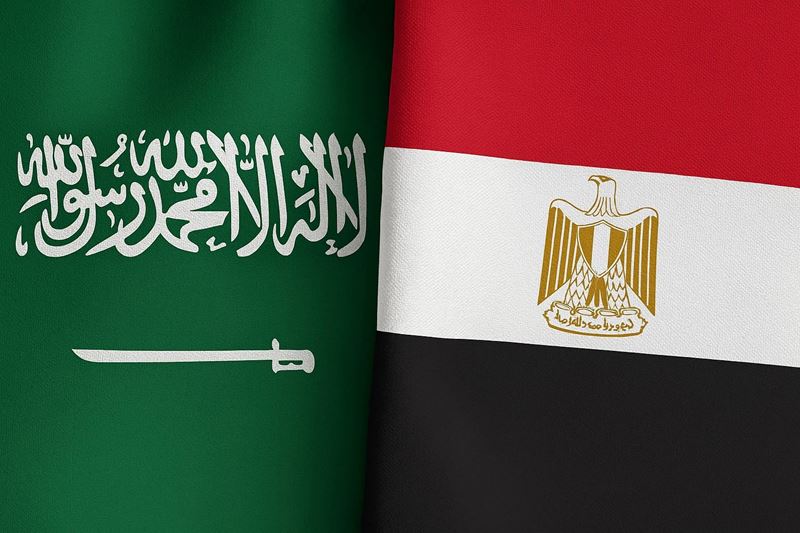


Comments
No comment yet.